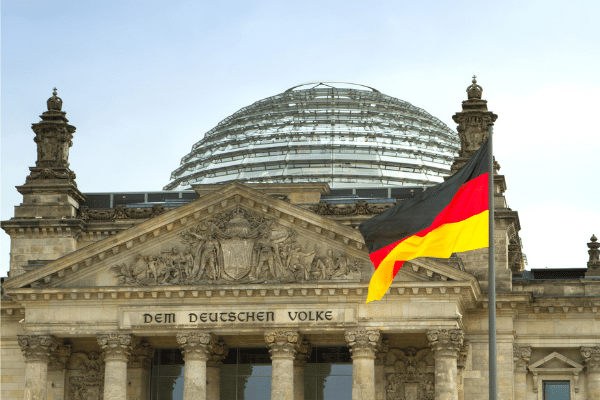In an effort to push for a more welcoming regulations for companies that innovate the finance industry, Germany’s finance ministry has recently introduced a newly drafted legislation of the “Future Finance Act” — a measure designed to boost private asset accumulation and mobilise additional private resources for future investments.
The legislation’s primary goals include the digitalization of capital markets through the issue of digital securities on a blockchain and enhanced mobility of cryptocurrency assets. A translated version of the draught bill states that in order to raise more private cash for upcoming developments, Germany’s capital market needs to become more contemporary and effective.
When the law is enacted, firms will be able to issue both electronic and traditional shares. The phrase “crypto shares” refers to electronic securities that can be registered either on a blockchain or in a central register. Thus, stock shares are tokenized under the legislation. It’s unclear, though, if such shares will be available for trading on cryptocurrency platforms.
The move, according to the government, would increase Germany’s appeal to investors and foster a culture of stock market investments. The minister remarked that small and medium-sized businesses, growing enterprises, and startups should have greater access to the financial market.
This bill is a part of Germany’s plan to develop a regulatory framework that is favourable to cryptocurrencies. Germany was named the world’s most crypto-friendly nation by CoinCub last year. The rating took into account the nation’s well-defined regulatory structures and robust legal systems.


